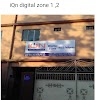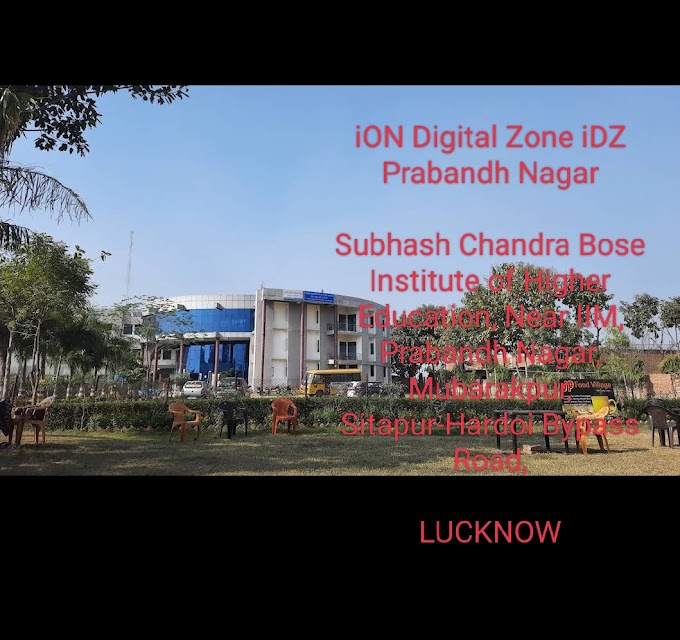ssc junior engineer syllabus
The sections asked in SSC JE Tier I Exam are:
- General Intelligence & Reasoning
- General Awareness
- General Engineering:
Part A: (Civil Engineering & Structural Engineering)
Part B: (Electrical Engineering)
Part C: (Mechanical Engi
12 Scheme of Examination 12.1 The Examination will consist of two Papers i.e. Paper-I (Computer Based Examination) and Paper-II (Descriptive Type). Details of these Papers are as follows: Papers Mode of Examination Subject No of Questions/ Maximum marks Duration & Timings Paper-I Objective Type (Date of Examination : To be notified later) Computer Base Examination (i) General Intelligence and Reasoning (ii) General Awareness (iii) Part-A General Engineering (Civil & Structural) or Part-B General Engineering (Electrical) or Part-C General Engineering (Mechanical) 50/ 50 50/ 50 100/ 100 2 Hours (2 hours and 40 minutes for the candidates who are allowed use of scribe as per ,
Paper-I: General Intelligence & Reasoning
: The Syllabus for General Intelligence 13.2.1 would include questions of both verbal and non-verbal type. The test may include questions on analogies, similarities, differences, space visualization, problem solving, analysis, judgment, decision making, visual memory, discrimination, observation, relationship concepts, arithmetical reasoning, verbal and figure classification, arithmetical number series, etc. The test will also include questions designed to test the candidate‟s abilities to deal with abstract ideas and symbols and their relationships, arithmetical computations and other analytical functions. 13.2.2 General Awareness:
Questions will be aimed at testing the candidate‟s general awareness of the environment around him/ her and its application to society. Questions will also be designed to test knowledge of current events and of such matters of everyday observations and experience in their scientific aspect as may be expected of any educated person. The test will also include questions relating to India and its neighbouring countries especially pertaining to History, Culture, Geography, Economic Scene, General Polity and Scientific Research, etc. These questions will be such that they do not require a special study of any discipline. 13.2.3 General Engineering:
Civil & Structural, Electrical and Mechanical: 13.2.3.1 Part-A (Civil Engineering): Building Materials, Estimating, Costing and Valuation, Surveying, Soil Mechanics, Hydraulics, Irrigation Engineering, Transportation Engineering, Environmental Engineering. Structural Engineering: Theory of Structures, Concrete Technology, RCC Design, Steel Design. 13.2.3.2 Part-B (Electrical Engineering):
Basic concepts, Circuit law, Magnetic Circuit, AC Fundamentals, Measurement and Measuring instruments, Electrical Machines, Fractional Kilowatt Motors and single phase induction Motors, Synchronous Machines, Generation, Transmission and Distribution, Estimation and Costing, Utilization and Electrical Energy, Basic Electronics. 13.2.3.3 Part-C Mechanical Engineering) :
Theory of Machines and Machine Design, Engineering Mechanics and Strength of Materials, Properties of Pure Substances, 1st Law of Thermodynamics, 2nd Law of Thermodynamics, Air standard Cycles for IC Engines, IC Engine Performance, IC Engines Combustion, IC Engine Cooling & Lubrication, Rankine cycle of System, Boilers, Classification, Specification, Fitting & Accessories, Air Compressors & their cycles, Refrigeration cycles, Principle of Refrigeration Plant, Nozzles & Steam Turbines. Properties & Classification of Fluids, Fluid Statics, Measurement of Fluid Pressure, Fluid kinematics, Dynamics of Ideal fluids, Measurement of Flow rate, basic principles, Hydraulic Turbines, Centrifugal Pumps, Classification of ste
SSC JE Syllabus 2019 For Paper 1 & Paper 2
Let’s have an overview of SSC JE Exam first:
| Exam Name | Staff Selection Commission Junior Engineers Examination 2018-19 (SSC JE 2018-19) |
| Conducting Authority | Staff Selection Commission (SSC) |
| Frequency | Once in a Year |
| Posts Offered | Civil, Mechanical, Electrical and Quantity Surveying & Contract |
| Exam Date | To be Notified |
| Application Mode | Online |
| Exam Mode | CBT (Computer Based Test) Paper I and Offline Paper II |
| Official Website | ssc.nic.in |
SSC JE Syllabus 2019 For Paper 1
SSC JE Paper 1 is conducted in the online mode and has three sections:
- a. General Intelligence and Reasoning
- b. General Awareness
- c. General Engineering
The General Engineering section is different for different branches. The detailed SSC JE Syllabus for each of these sections are tabulated below:
| Sections | Syllabus | Marks |
| SSC JE Syllabus For General Intelligence & Reasoning | 1.Decision Making
2.Visual Memory
3.Relationship Concepts
4.Arithmetical Reasoning
5.Verbal and Figure Classification
6.Arithmetical Number Series
7.Abstract Ideas and Symbols and Their Relationships
8.Arithmetical Number Series
9.Arithmetical Computations and Other Analytical Functions
10.Space Visualization
11.Problem Solving
| 50 marks |
| SSC JE Syllabus For General Awareness | 1.Economic Science
2.General Polity and Scientific Research
3.Current Affairs
4.India and its Neighboring Countries
| 50 marks |
| SSC JE Syllabus For Civil Engineering (Part-A) | 1. Building Materials
2.Estimating, Costing and Valuation
Soil Mechanics
3.Irrigation Engineering
4.1st and 2nd Law of Thermodynamics
5.IC Engine Performance
6.IC Engine Cooling and Lubrication
7.Ranking Cycle of System
8.Fitting & Accessories
9.Air Compressors & their Cycles
10.Refrigeration Cycles
11.The Principle of Refrigeration Plant
12.Nozzles & Steam Turbines
13.Properties & Classifications Of Fluids
14.Fluid Statics, Measurement of Fluid Pressure
15.Transportation Engineering
16.Environment Engineering
|






